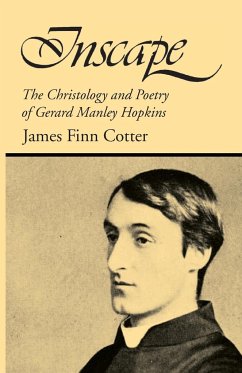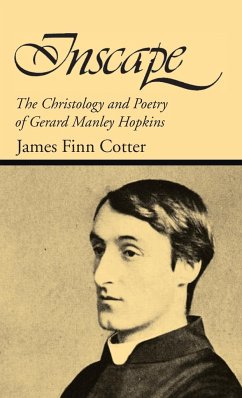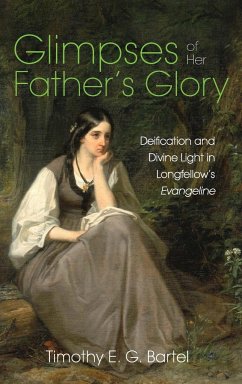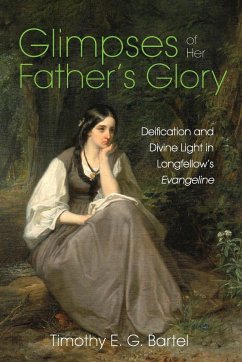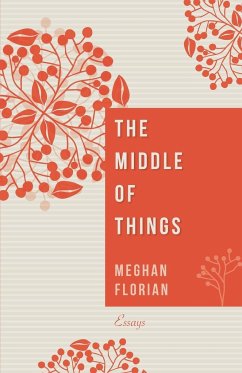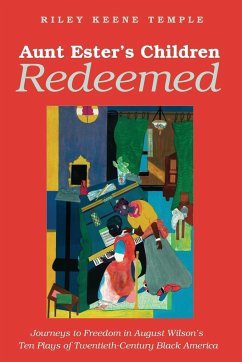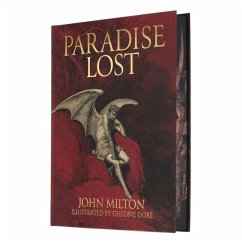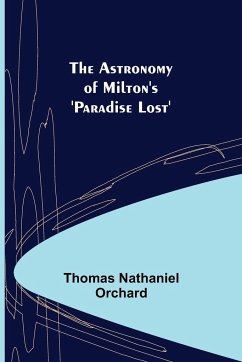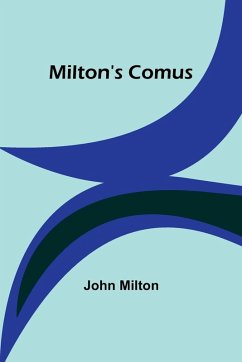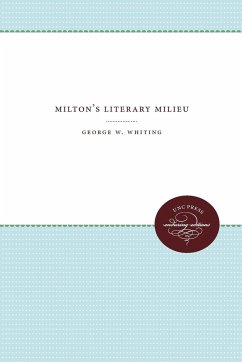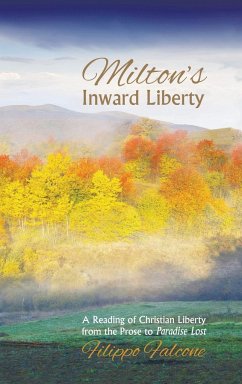
Milton's Inward Liberty
Versandkostenfrei!
Versandfertig in 1-2 Wochen
36,99 €
inkl. MwSt.
Weitere Ausgaben:

PAYBACK Punkte
18 °P sammeln!
What is true liberty? Milton labors to provide an answer, and his answer becomes the ruling principle behind both prose works and poetry. The scholarly community has largely read liberty in Milton retrospectively through the spectacles of liberalism. In so doing, it has failed to emphasize that the Christian paradigm of liberty speaks of an inward microcosm, a place of freedom whose precincts are defined by man's fellowship with God. All other forms of freedom relate to the outer world, be they freedom to choose the good, absence of external constraint and oppression, or freedom of alternative...
What is true liberty? Milton labors to provide an answer, and his answer becomes the ruling principle behind both prose works and poetry. The scholarly community has largely read liberty in Milton retrospectively through the spectacles of liberalism. In so doing, it has failed to emphasize that the Christian paradigm of liberty speaks of an inward microcosm, a place of freedom whose precincts are defined by man's fellowship with God. All other forms of freedom relate to the outer world, be they freedom to choose the good, absence of external constraint and oppression, or freedom of alternatives. None of these is true liberty, but they are pursued by Milton in concert with true liberty. Milton's Inward Liberty attempts to address the bearing of true liberty in Milton's work through the magnifying glass of seventeenth-century theology. ""Milton's Inward Liberty is a work of specialized Christian scholarship of the highest quality. The author's thoroughness of research is breathtaking. To see all of this scholarship applied to an author of towering importance in English literature makes the venture all the more rewarding. The book represents a theological reading of an important concept in the thinking and poetry of John Milton and is a refreshing throwback to an era when Christian scholarship was allowed to be Christian scholarship, not a propaganda tool wielded in the service of a liberal social agenda."" --Leland Ryken, Wheaton College, Wheaton, IL ""Milton's Inward Liberty is a major contribution to Milton studies and, underscoring the necessity of approaching Milton's work and theology iuxta propria principia, proposes a new, challenging hermeneutical paradigm. Falcone's exacting theological reading reverses the traditional wisdom of a 'liberal' Milton, and by highlighting the ultimate incompatibility of the way of the self and the way of grace, convincingly presents true liberty as an inward reality and the ruling principle underlying Milton's work."" --Daniele Borgogni, University of Turin, Turin, Italy ""Filippo Falcone's theological study of Milton's complex spiritual investment in inward liberty is a tour de force of scholarship, insight, and simple, unassuming intelligence and wisdom. Milton studies have sorely needed, for a very long time now, a theological study of this caliber--one that is conducted with deep sympathy for Milton's overt Christian beliefs, and rightly views those beliefs as the affective key to appreciating the intellectual rigor of Milton's major poetry."" --Noam Reisner, Tel Aviv University, Tel Aviv, Israel Filippo Falcone was awarded a PhD in English literature from the University of Milan in 2012. His research and publications focus primarily on the interface of literature and theology in Milton and on the cultural transition from the Middle Ages to the Age of Reason in the work of Milton and Shakespeare. He and his wife Sandra have three children--Miriam, Benjamin, and Ryan.




